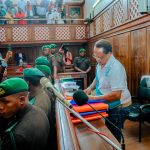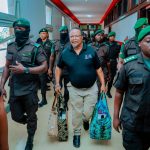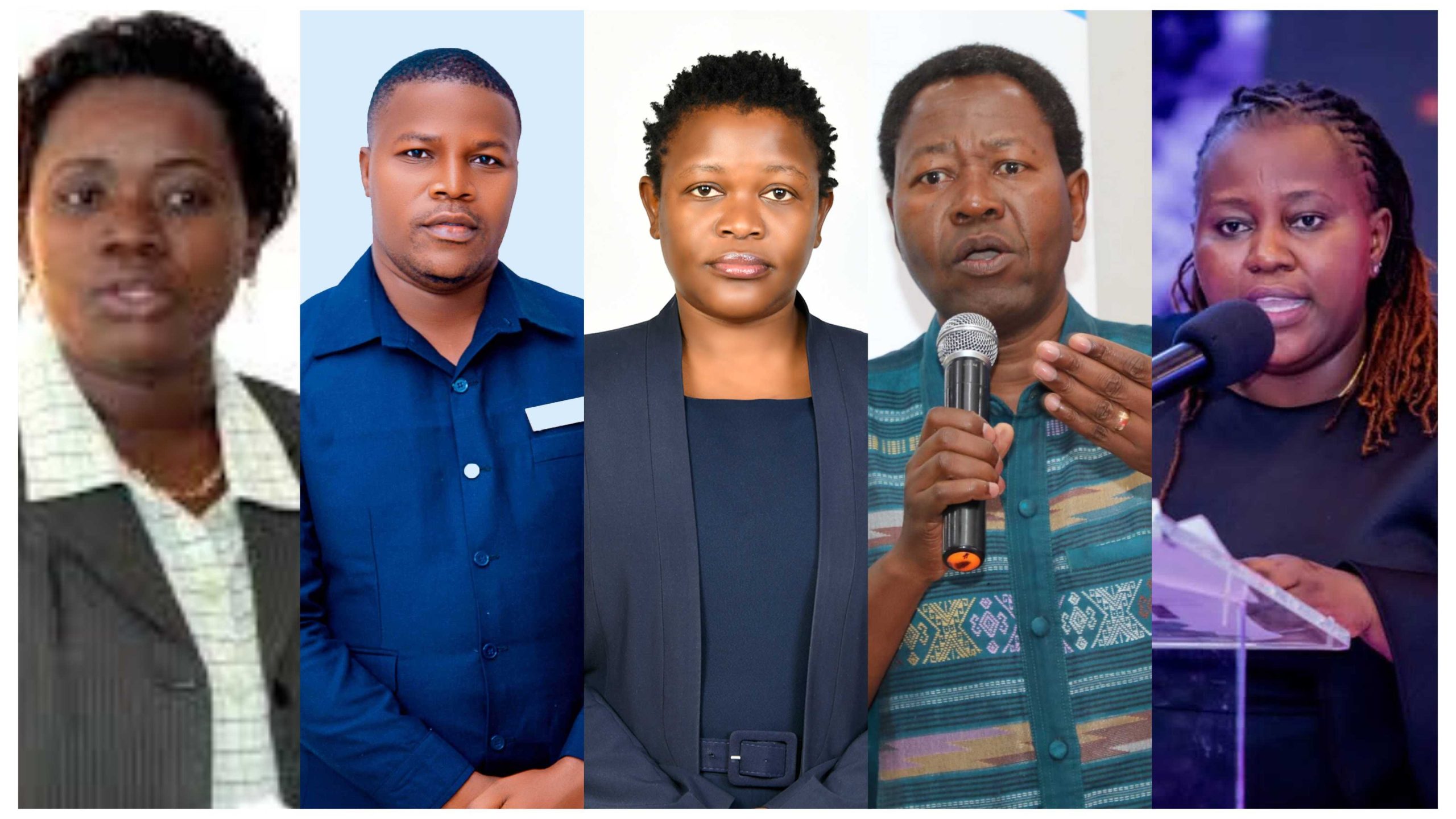
The Tanganyika Law Society (TLS) has established a special committee to thoroughly investigate the ongoing Ngorongoro land disputes. This was announced by TLS President Boniface Mwabukusi during a press briefing on Tuesday, August 20, 2024.
The committee, tasked with completing its work within 30 days, aims to uncover the truth and ensure justice is served.
The committee includes the following prominent figures:
1. Dr. Rugemeleza Nshala
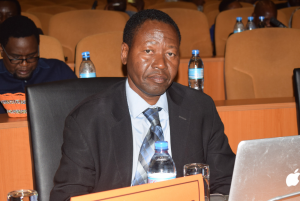
2. Tike Mwambipile
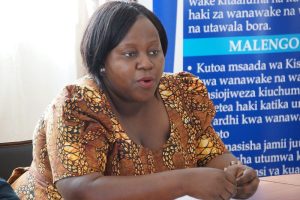
3. Bumi Mwaisaka
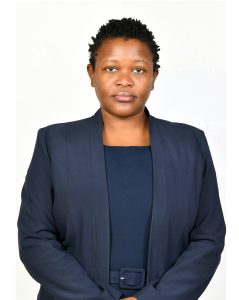
4. Laetiti Petro Ntagazwa

5. Paul Kisabo
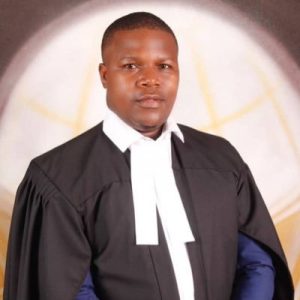
The committee’s responsibilities include:
- Consulting with various institutions and visiting conflict-affected areas to understand the real situation.
- Reviewing policies, laws, and practices related to land ownership, investment, and conservation, ensuring compliance with citizens’ fundamental rights under the Constitution and national laws.
- Organizing a national symposium on sustainable development that respects the rights of indigenous people to their ancestral lands, as well as their social, economic, and cultural rights.
- Identifying the legal and procedural steps taken by both complainants and defendants, and determining the names of individuals who voluntarily agreed to leave or chose to remain in their ancestral lands in Ngorongoro.
- Advising the TLS leadership on permanent solutions to land disputes arising from investment or conservation plans.
Tanzania’s Decision to Remove Wards and Villages in Ngorongoro Sparks Controversy
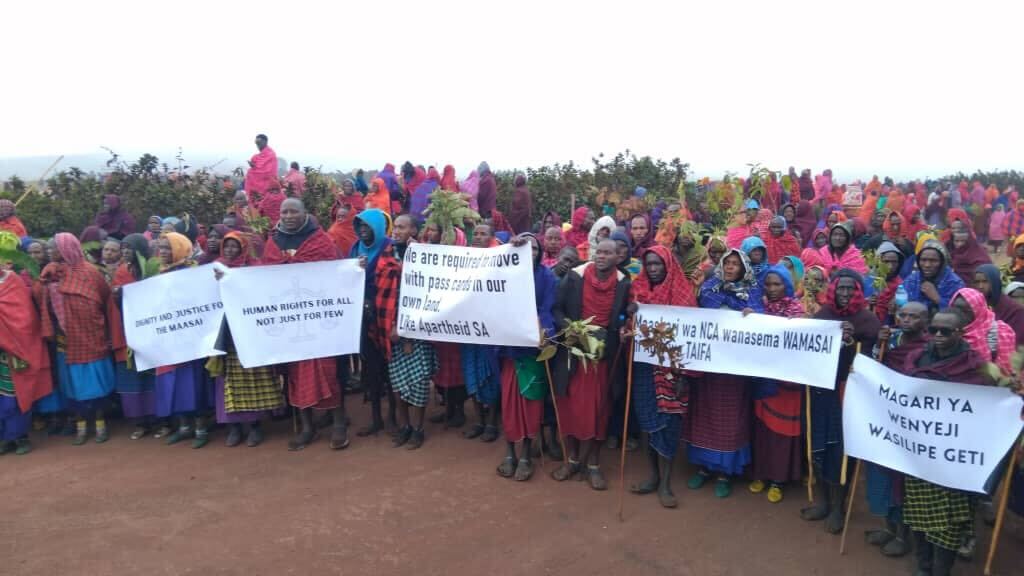
Mwabukusi also criticized a recent announcement by the Minister of Local Government and Regional Administration, which sought to abolish certain villages in Ngorongoro.
He described the order as unlawful, arguing that no legal provision grants the Minister such authority. He urged the Minister to clarify which law was used, as the cited section does not support the action.
This development comes amid ongoing peaceful protests by the Maasai community in Ngorongoro. The Maasai have been demanding the restoration of social services in their villages and expressing concerns about their exclusion from participating in the upcoming local government elections in November 2024.
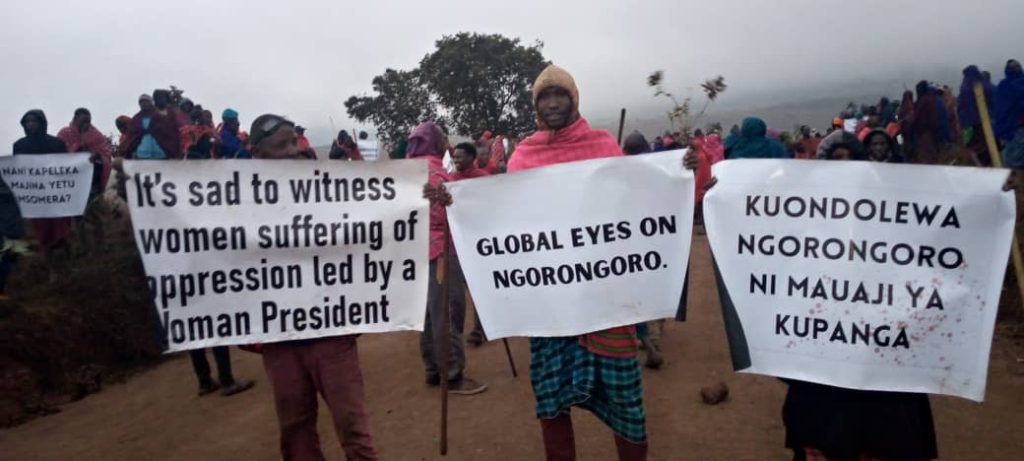
These protests have also highlighted the government’s controversial plan to relocate over 110,000 Maasai from Ngorongoro to other areas, a move the community views as an abuse of power.
International and local human rights organizations have condemned the government’s actions, calling for an immediate halt to the relocation process and urging respect for the Maasai’s ancestral land rights.

